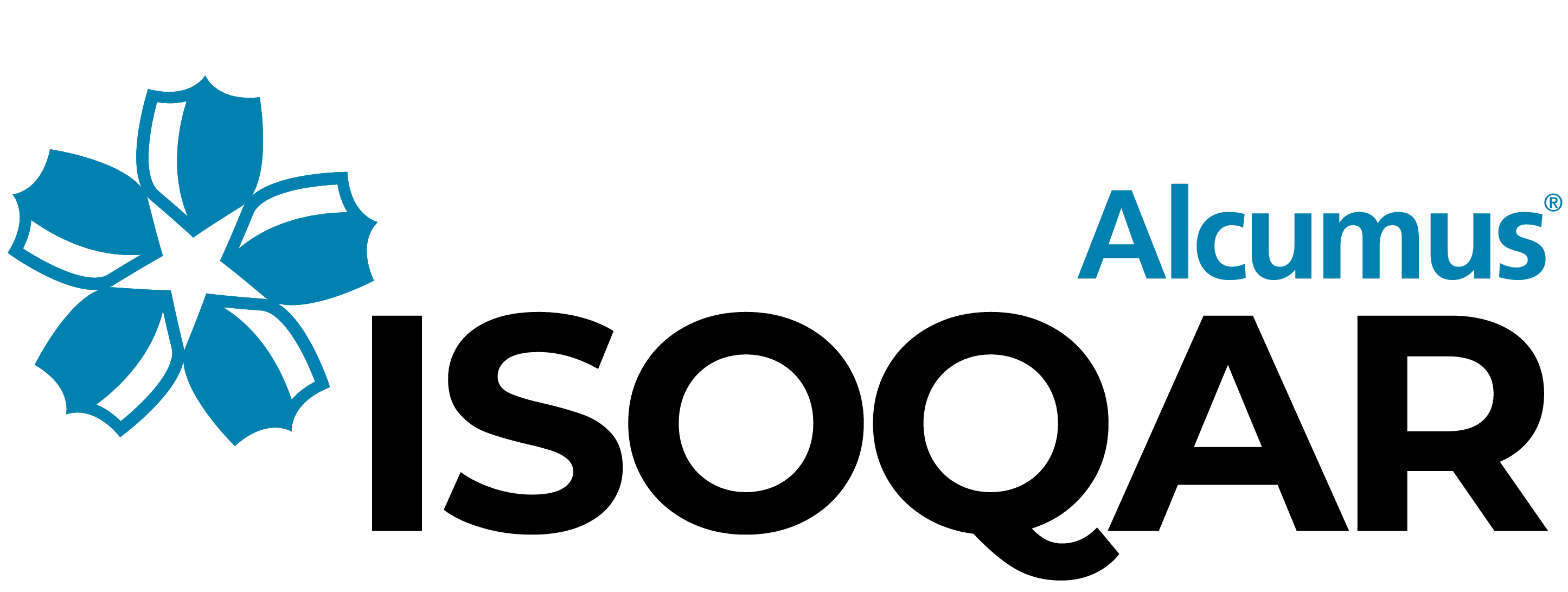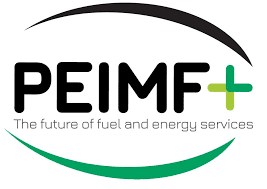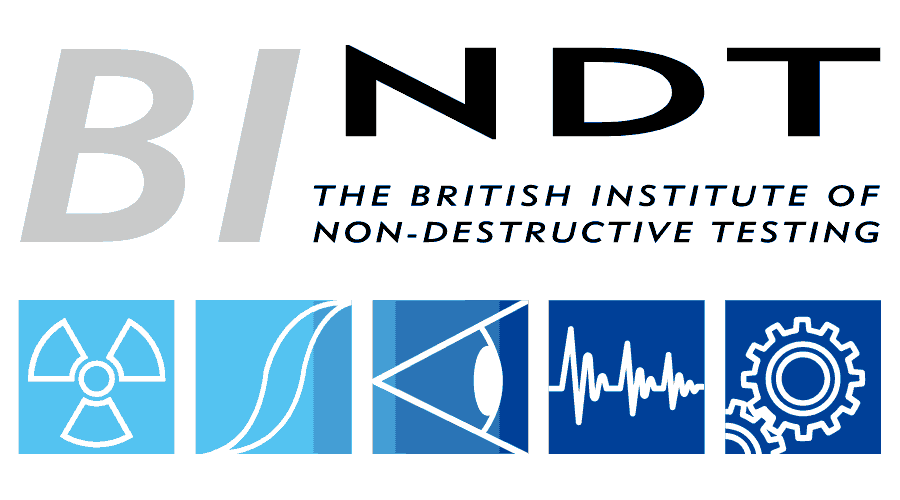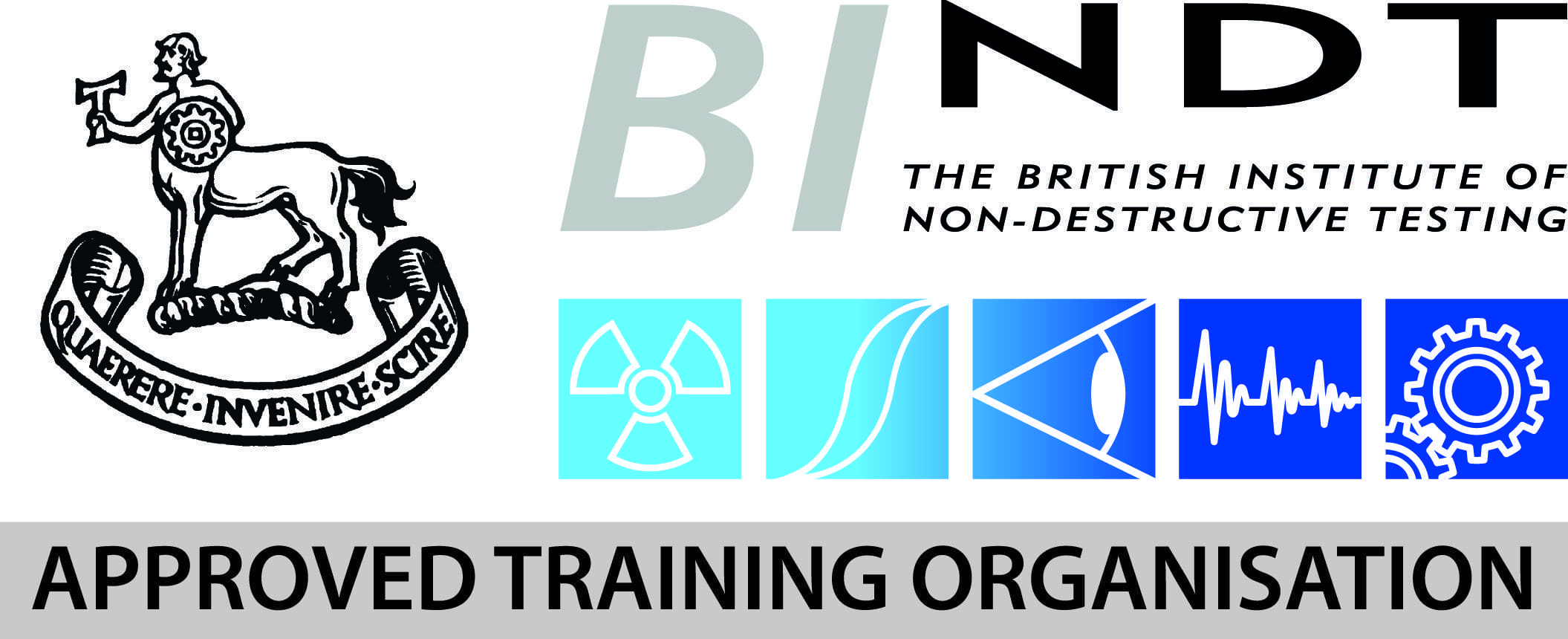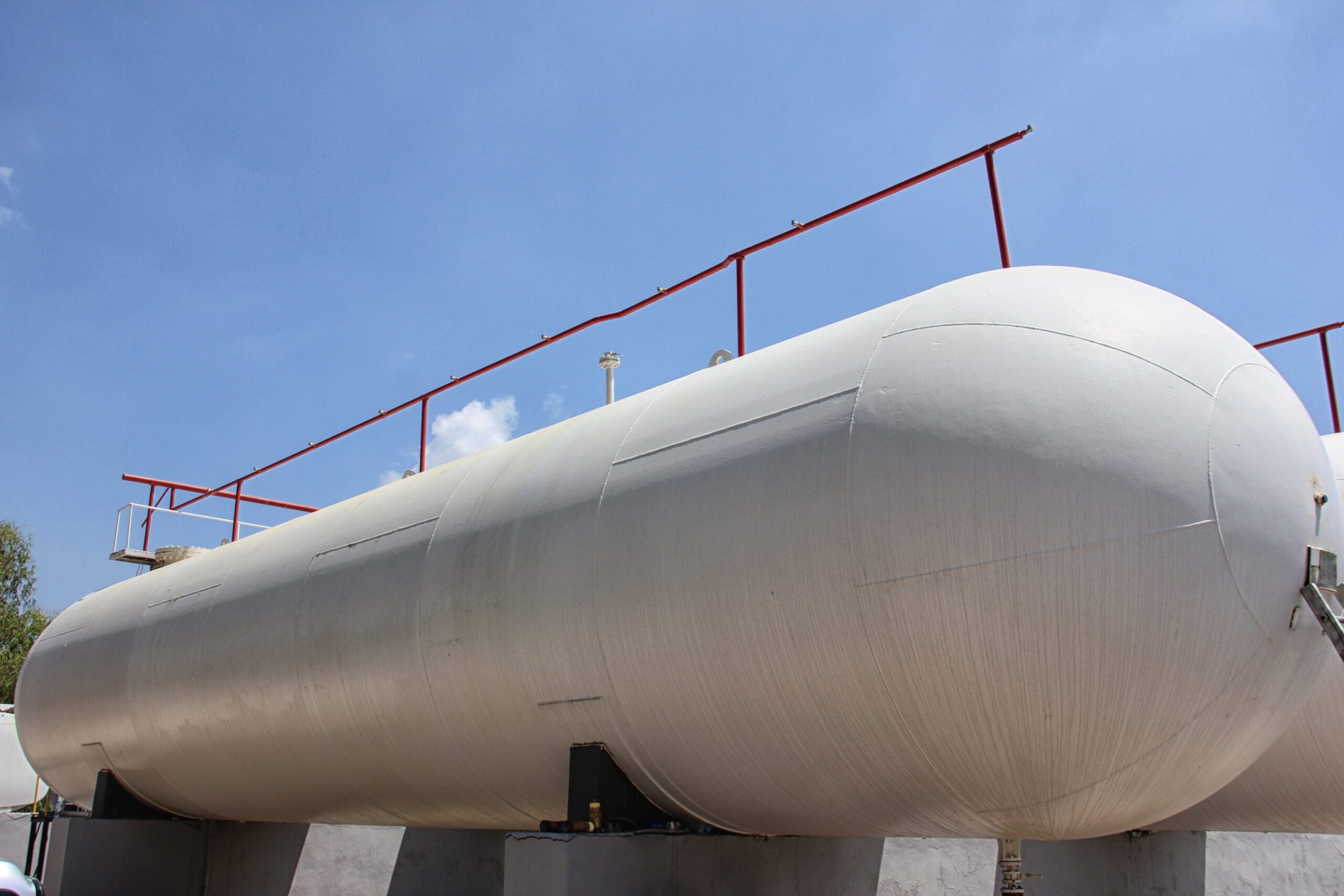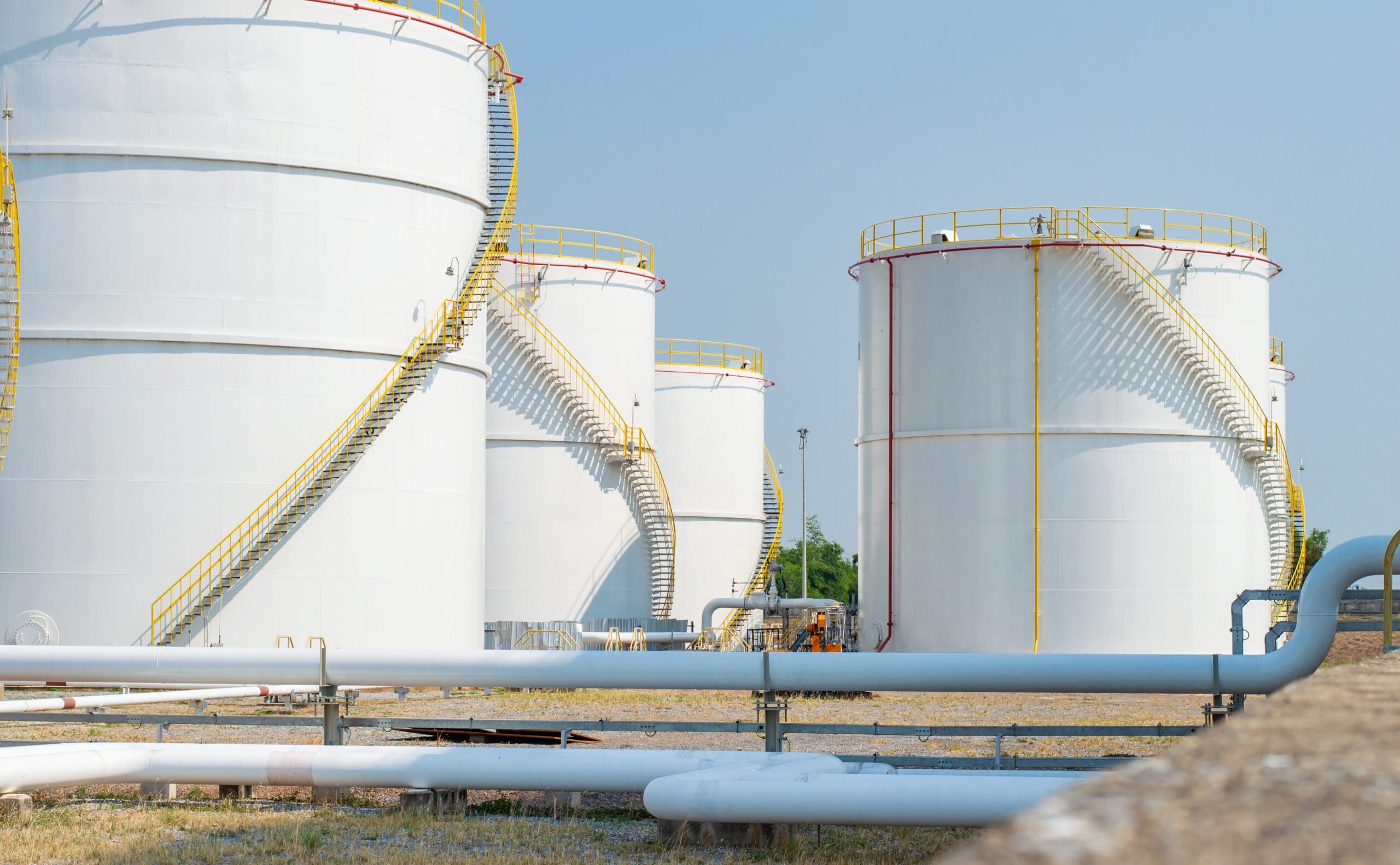Storage Tanks
BECS Tank Inspection Services
We conduct internal and external fitness-for-service inspections of BECS sludge tanks, silos, and anaerobic digesters, ensuring compliance with ISO 28765 and manufacturer codes to meet the highest industry standards.
Explore how we work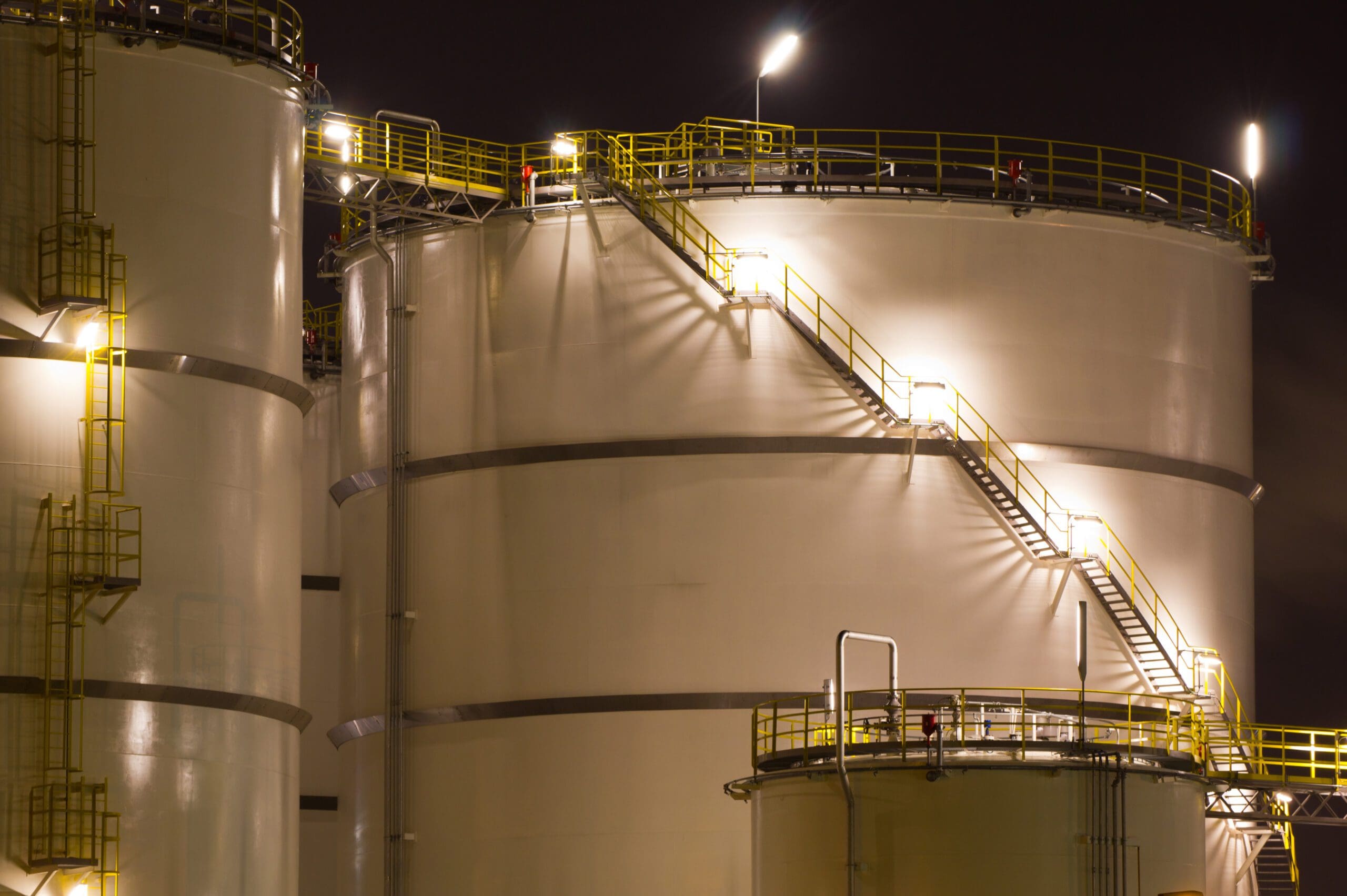
Interested? Let’s talk.
Send us an enquiry
What are BECS Tank Inspections?
Our Bolted Enamel Coated Panel (BECS) tank inspection services encompass a comprehensive range of procedures to ensure the structural integrity, safety, and operational suitability of your BECS tanks.
As part of our comprehensive BECS tank inspection services, our qualified and experienced team will thoroughly assess the condition of your tanks and provide detailed recommendations for any necessary repairs or maintenance. Our recommendations are aligned with manufacturer guidance and good engineering practices, ensuring the longevity and integrity of your BECS storage assets.
We employ expert technicians and utilise advanced inspection techniques, including:
- Tank Preparation for Inspection Consultancy: We provide expert consultancy on tank preparation for inspection, including cleaning and access services, ensuring optimal inspection conditions
- Non-Destructive Testing (NDT): We employ a suite of NDT methods, including ultrasonic thickness testing (UTT), visual inspection, foundation cracking assessment, planar tilt surveys, and bubble leak detection, to detect hidden defects and anomalies within the tank’s structure.
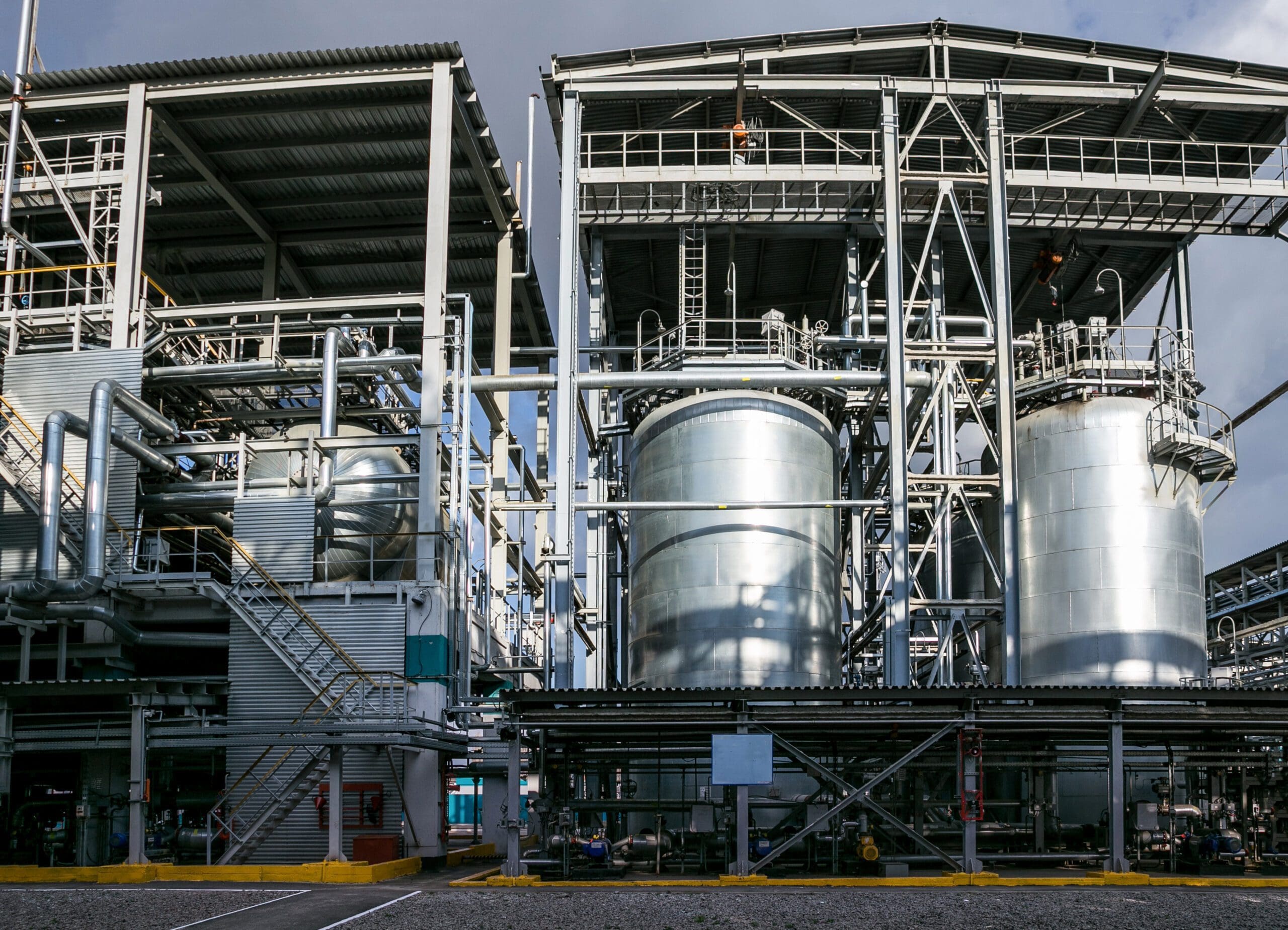
Who we’ve partnered with...





Key benefits of our BECS Tank Inspection services
Extended Service Life
Regular inspection can detect bio-gas leaks from roofs and any associated equipment, where applicable. We also monitor operational and structural integrity and risk mitigation recommendations.
Reduced Risk of Failure
Regular inspection can help to reduce the risk of failure by identifying and addressing potential problems before they lead to a catastrophic event.
Improved Compliance
By having your tank inspected by a qualified professional, you can ensure that you are in compliance with all applicable regulations.
Cost Savings
Proactive maintenance reduces unexpected failures and expensive emergency repairs.
Let's talk BECS Tank Inspection Services
Send one of the team a message
Not seeing what you expected?
Try using our search
Explore what our clients say


How we’ll work with you
At BES Group, we take a collaborative approach to tank inspections. Our process involves close communication with your team to understand your specific needs and concerns.
Every storage tank operates under different conditions, industries, and regulatory guidelines. That’s why we take the time to fully understand your specific requirements before beginning any inspection.
Through detailed discussions, we identify:
- Tank Type & Usage: Whether your tanks store chemicals, water, fuel, or other substances, we customise our approach accordingly.
- Industry Standards & Compliance Needs: We assess your regulatory obligations to ensure full compliance.
- Operational Challenges: Factors such as environmental conditions, accessibility, and maintenance history play a role in our inspection strategy.
By considering these elements, we tailor our inspection methods to provide the most accurate and relevant insights for your facility.



Our process
Speak to us about the processLet’s talk. Ask us anything.
Send one of the team a message
Why choose BES Group?

800+ expert engineers
Our team of skilled engineers possesses a wealth of expertise.
A legacy of 160+ years of experience
We’re always evolving our approach to future proof our services.

35,000 satisfied customers
A strong reputation for providing exceptional service.
Frequently asked questions
What types of NDT testing are used to inspect BECS tanks?
The most common types of NDT testing used to inspect BECS tanks are ultrasonic thickness testing (UTT), visual inspection, and foundation cracking assessment. UTT is used to measure the thickness of the tank walls and identify any areas of thinning. Visual inspection is used to identify any signs of corrosion, damage, or leaks. Foundation cracking assessment is used to identify any cracks in the tank foundation.
Why is it important to inspect BECS tanks regularly?
Regular inspection of BECS tanks is essential to identify and address any potential problems before they lead to failure. Failure of a BECS tank can have serious consequences, including environmental damage, financial losses, and even injury or death.
Let's talk about BECS Tank Inspections
Send one of the team a message
Sectors we service
Dive into the diverse landscapes where BES Group sparks innovation and drives impact.
Let’s talk. Ask us anything.
Send one of the team a message
Insights & news
Browse our latest articles
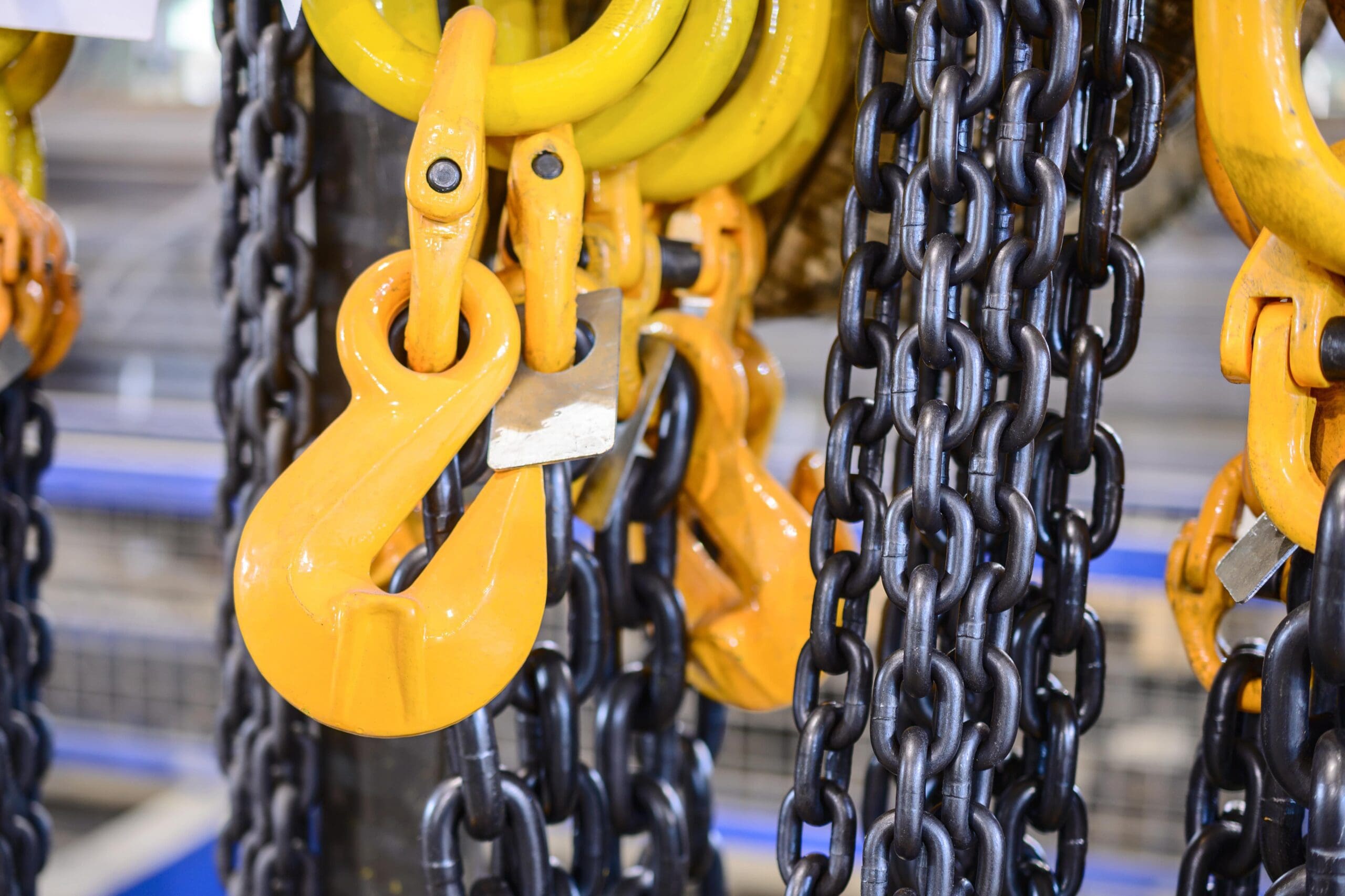
BES Group expands into Europe with ECH Groep acquisition
Acquisitions BES Group News Inspection
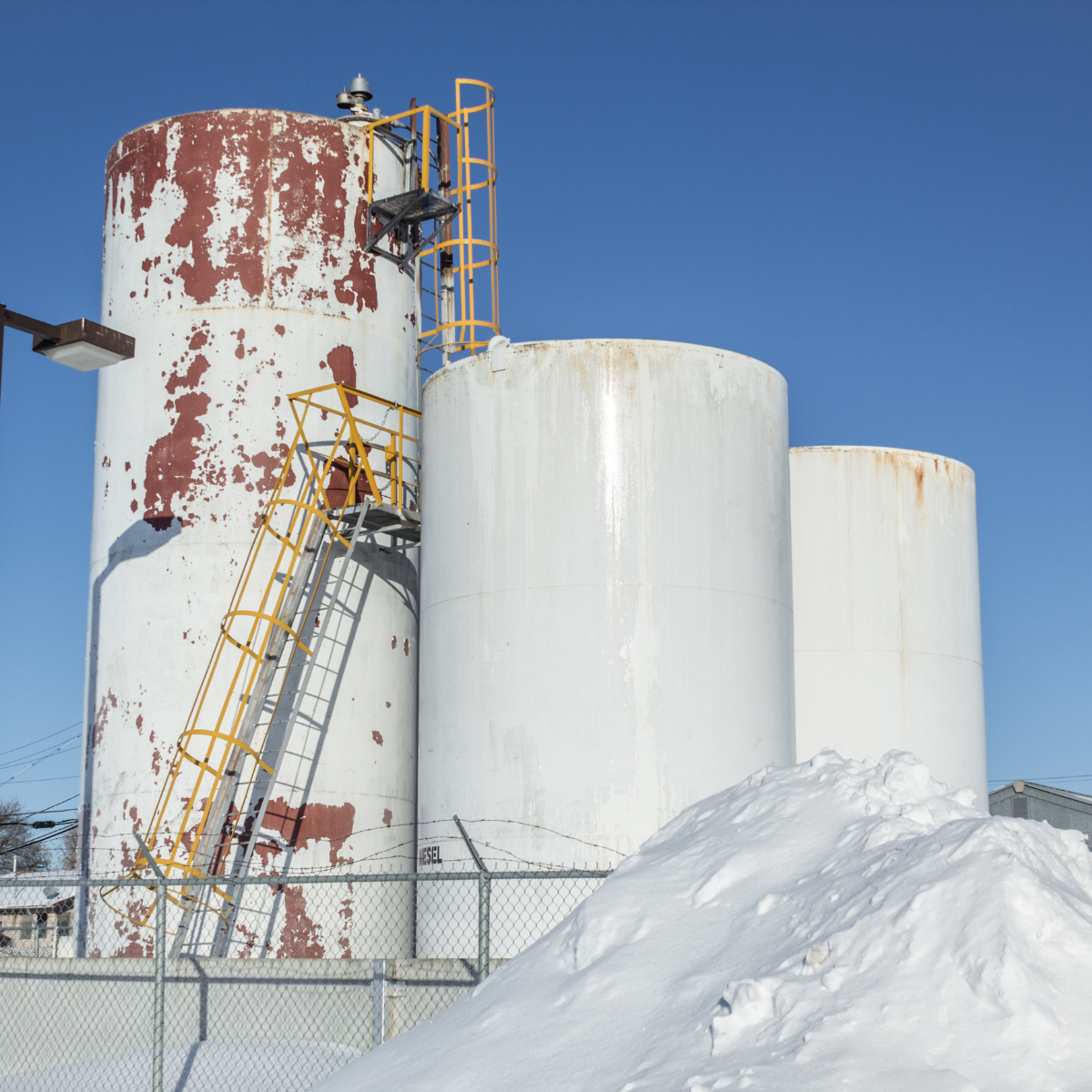
Ensure Your Assets Are Winter-Ready with Pre-Winter and Post-Winter Storage Tank Inspections
Inspection

School Shutdowns: A Comprehensive Guide on Electrical Equipment Maintenance
Electrical Inspection
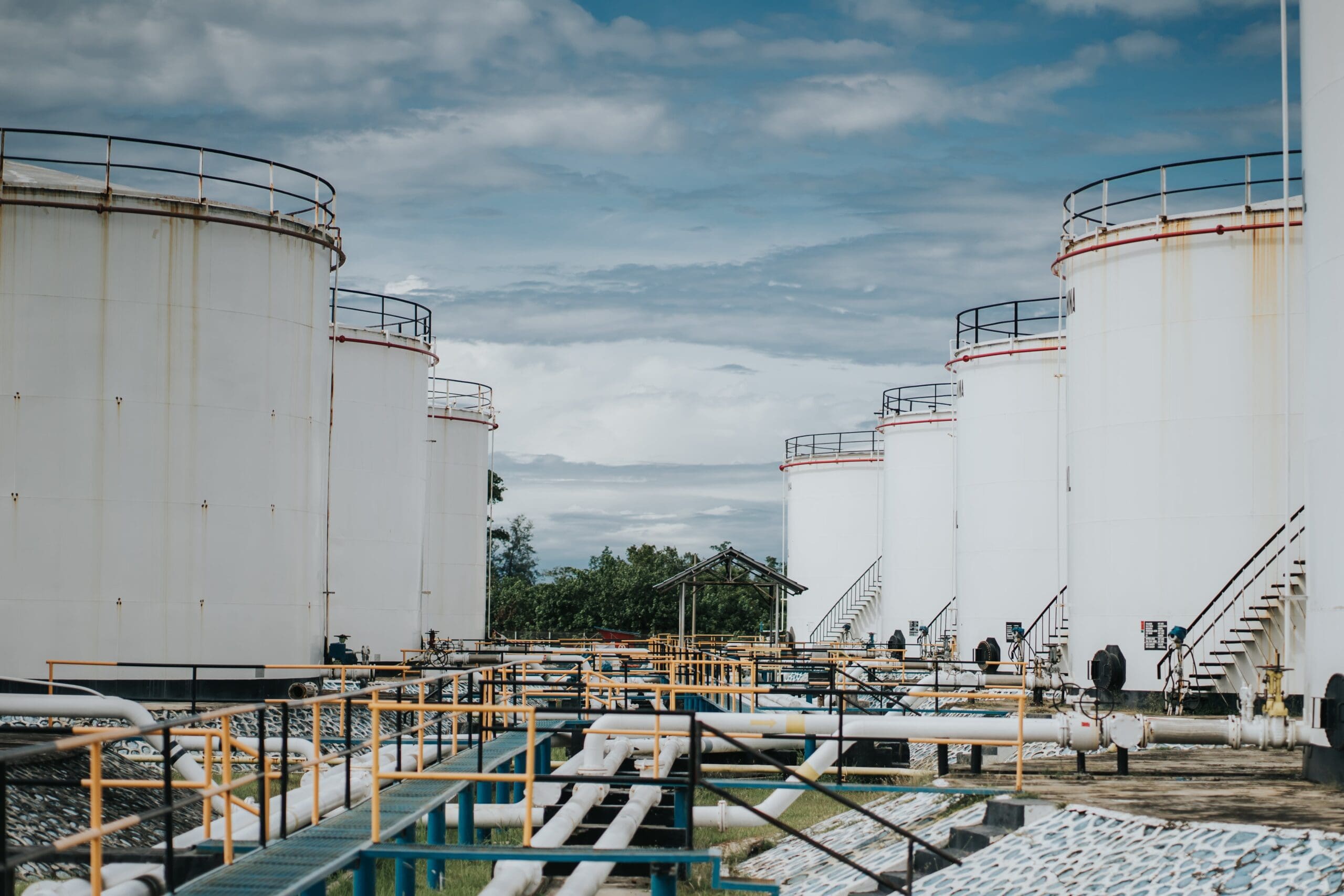
Storage Tank Inspections: Your Commonly Asked Questions
Inspection

Factory Shutdowns: How to Manage Your Maintenance Operations Efficiently
Asset Reliability Electrical Inspection Testing
Other similar services...
Looking for something else? Explore similar services...
Let’s get you to the right person, fast.
Thank you, enquiry submitted!
Please check your inbox. We have sent you an email receipt of your enquiry.
We treat every enquiry with the upmost urgency. We’ll aim to get in touch with the relevant BES Group specialist and get back to you as soon as possible*.
Thank you again and have a great day.
 About BES Group
About BES Group Accreditations & Credentials
Accreditations & Credentials Our Environmental, Social & Governance
Our Environmental, Social & Governance Careers at BES Group
Careers at BES Group Our Senior Leadership Team
Our Senior Leadership Team